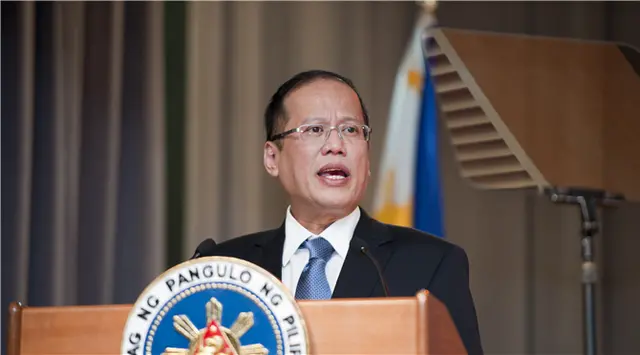Pakistan's central bank has approved usage of the Chinese yuan as a settlement currency for trade between the two countries. An expert said that move will help enhance China-Pakistan bilateral trade relationship and speed up the internationalization of Chinese currency yuan.
Pakistan will allow Chinese currency to be used for imports, exports and financing transactions for bilateral trade and investment activities.
According to a statement issued by State Bank of Pakistan (SBP), a regulatory framework including the opening of letters of credit, clearing of transactions and financing facility in the yuan has already been put in place.
This issue has been discussed for many months, according to Liu Zhiqin, a senior fellow at the Chongyang Institute for Financial Studies. “And actually, we have already discussed with many experts and think tanks from Pakistan, about the problems we are facing, the future of the yuan’s usage in Pakistan, the advantages for both sides and the risky problems in the process.”
Bilateral trade between China and Pakistan is growing fast. Official data showed that the bilateral trade reached 11.5 billion US dollars in the first seven months of 2017. That was an increase of 6.4 percent year on year.
Besides, China signed new project contracts worth 4.84 billion US dollars with Pakistan last year from January through July, finalizing 5.2 billion US dollars in contracted projects.
Now, the significant approval may mean the replacement of the US dollar for transactions in China-Pakistan Economic Corridor projects. And the support will benefit both countries, in Liu’s view.
“For the moment, Pakistan has difficulty to fulfill all these payments because of the shortage of US dollars. Pakistan needs additional and alternative to support the country’s payment capability. And RMB is the best solution for Pakistan. As for China, Chinese companies and investors can directly use RMB [in Pakistan], without exchange rate or currency risk,” Liu told CGTN.
Moreover, Liu noted that this progress is meaningful for the internalization of the yuan, as it provided a new idea to boost Chinese currency going abroad.
“The yuan’s internalization is a long way to go. I prefer to see, for the internalization of RMB, we should do firstly more regionalization of the yuan,” Liu explained. “If all the regions can accept the yuan as the settlement, payment and clearing currency, I think there is no question for the whole world to accept China.”
But Liu also admitted the internalization of the yuan is not an easy job.
The main point, from his perspective, is how to be well-accepted by developed countries.
“The main point is that RMB should be well-accepted by developed countries. If they accept RMB, the currency will be stronger,” Liu explained. “But of course, on the first stage, we should do our best to do in the developing countries.”
(CGTN)
 简体中文
简体中文

